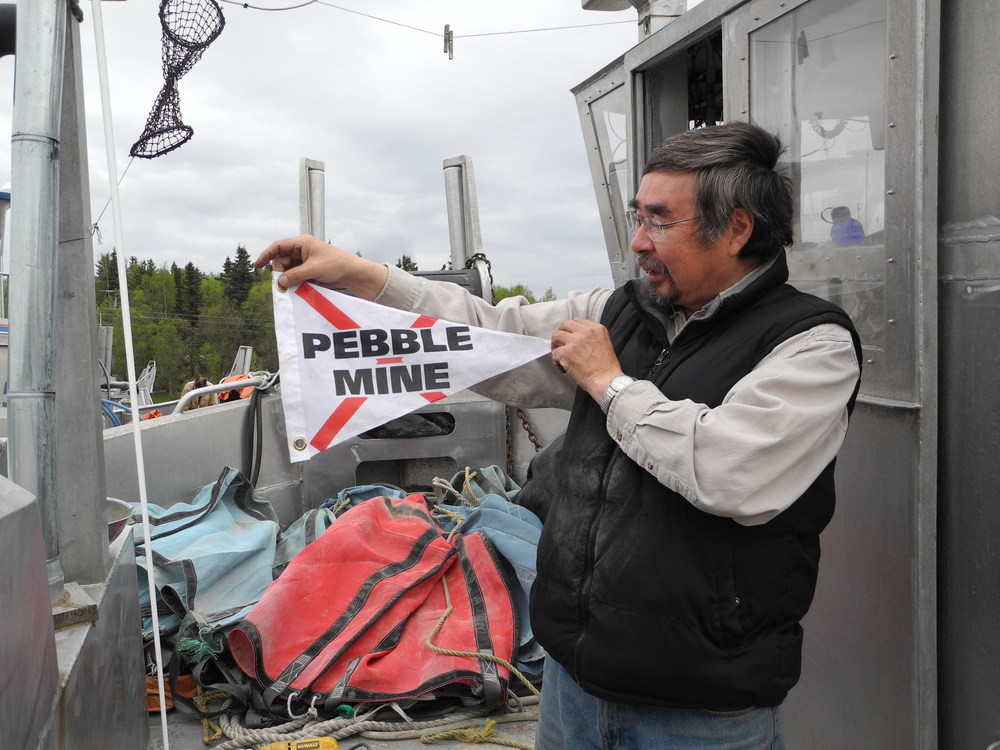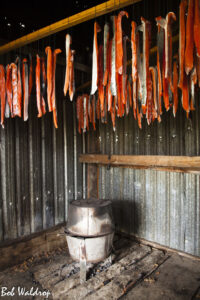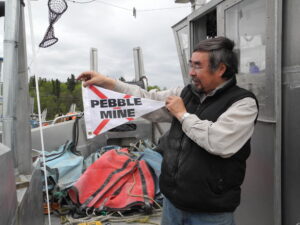
We should all be water protectors
Last month, scientists and Bristol Bay residents testified before the Alaska House Resources Committee. The group of fishermen and women, experts, and community leaders spoke about the importance of clean water, healthy salmon and abundant wildlife to the cultures and economies of the region. They said it in many ways, from many perspectives, but they all agreed that we should all be water protectors.
Tom Tilden, chief of the Curyung Tribal Council and board member of Nunamta Aulukestai, spoke on behalf of Nunamta, a coalition of Alaska Native Village Corporations and tribes in the Bristol Bay region dedicated to protecting the Bristol Bay watershed from unsustainable development. Here’s an excerpt from his testimony, edited for written form.
I am a fisherman
I am a fisherman and the son of Earl Tilden, who came to Alaska from San Jose as a gold prospector in 1932.
My father’s diary entries through the winter of 1932-33 speak of panning for gold in the Mulchatna River, of which the Koktuli River is a tributary. “No gold today, had to clean four inches of ice to pan for gold.”
Meanwhile, in the diary’s side notes, my father wrote about how he caught some beaver, he caught some mink, he got some other fur animals that he had to skin out and clean. Then the diary goes silent between April and August, when it starts up again.
“I found my gold,” it says, “and it’s not the mineral form, but from the furs and salmon I caught and sold.”
 Water is life
Water is life
I am a subsistence and a commercial fisherman. That is all I do for a living. I have fished commercially since 1965. I have been a setnetter for salmon, a gillnetter for salmon and herring, a seiner for herring, and a longliner for halibut.
Before my commercial fishing, I make sure I that I have smoked, salted, frozen fish put away for the winter. And I do this before I go commercially fishing, just like many of the folks in Bristol Bay do.
I grew up on the Nushagak River, in the village of Portage Creek. Our family lived a subsistence lifestyle. We depended on natural resources to survive.
We took from the river salmon, white fish, pike, trout and smelts. All year round or seasonally if you’re migrating through. We took muskrat and beavers that swam in the rivers. We depended on other food sources through the winter, such as rabbits and caribou and moose and porcupine.
We depended on greens and berries from the land. The air provided us with ptarmigan, geese and ducks. All of these are abundant along the rivers—and they all depend on clean water.
 Water is sacred
Water is sacred
Living a subsistence lifestyle is a full time job. You do it 7 days a week, 365 days a year. There is no break.
Our priests bless our river system every year on Jan. 19. The water is blessed for all who partake in it. We collect that water in containers and use it throughout the year to bless our nets, our boats, our homes, our steams, and to bless us when we are sick.
Water is sacred in our lives.
Our rivers need your protection, as all rivers in Alaska need your protection. Article VIII of our Alaska Constitution says that the resources belong to all of us. Protect it for all of us.



